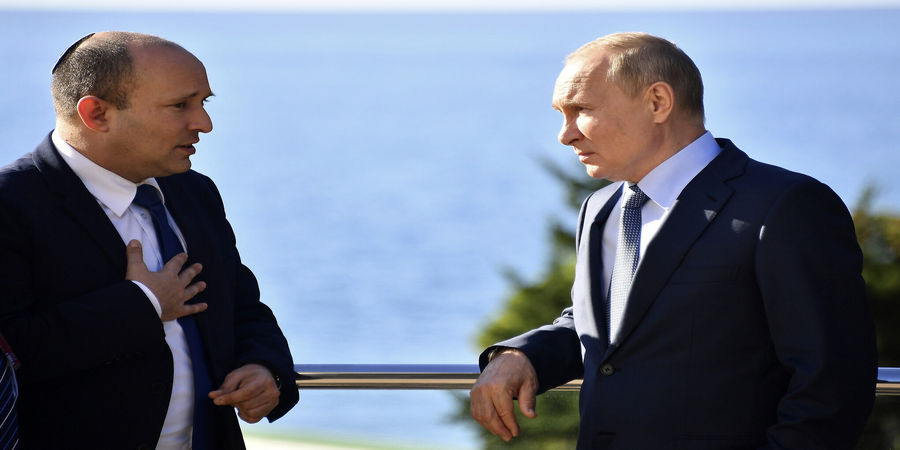With the formation of the bipolar system and the ensuing Cold War between the two superpowers of the United States and the Soviet Union, alliances revolved around security and military issues. Thus, in order to maintain survival and achieve security, governments allied with one of the two superpowers in the international arena or with other affiliated regional governments; Therefore, at this time, governments joined formal and informal alliances to maintain existential security, with the aim of security-military cooperation against the states that posed the greatest threat to the allied states.
With the collapse of the Soviet Union and the end of the Cold War, numerous threats and opportunities arose that changed the position of governments in the international system. According to the priorities of governments, countless cooperation and conflicts are formed between them. Thus, as the ideologies of the present age are formed around various issues such as security-political, economic and ideological issues, and they have more flexibility and less commitment, the nature of alliances and coalitions has changed more than ever. For example, Naftali Bennett’s recent visit to Russia and his meeting with Putin can be considered in the context of temporary alliances in the current international environment, which are based on the priorities and goals of Russia and the Zionist regime in the regional environment and the international system.
Russia, as a major power in the international system that is not primarily concerned with survival and security, seeks to shape the various arrangements that 1. serve the interests of Russia; 2. Provide Moscow with influence in its periphery and in the international system; and 3. Promote Russia’s position in the international system as a whole; As a result, Moscow does not appear to be committed to a long-term alliance in the West Asian region.
Unlike Russia, the first and most important goal of the Zionist regime in cooperating with governments is to maintain survival and gain existential security in the West Asian region against governments such as Iran and the axis of resistance, which considers the Zionist regime a fake regime; Therefore, the role of Russia as a government that in many cases has aligned itself with Tehran (such as the Tehran-Moscow line-up in the Syrian crisis and cooperation in the Iranian nuclear issue) is important for the Zionist regime. Tel Aviv’s goal is to prevent closer Iran and Russia in the region. While Tehran-Moscow has more common interests in the Central Asian region than ever before, the main ally of the Zionist regime, the United States, has just left Afghanistan, and the Taliban have come to power, which has consequences for that regime; Because the withdrawal of the United States from Afghanistan means the boldness of Washington’s opponents in the regional environment.
In the meantime, it should be noted that Russia’s goal in relations and cooperation with the Zionist regime is to gain benefits and increase its influence. Moscow, on the one hand, controls Tehran’s growing power in Syria by keeping silent or giving the green light to the Zionist regime attacks on Iran’s interests in Syria, which in a way reflects the policy of balancing Iran and Zionist regime and maintaining prominent relations. Arranging with the West’s most important ally in the West Asian region, it contributes to Russia’s influence and prestige in the region and in the international system.
Overall, as regional and international conditions change and, consequently, the opportunities and threats of governments change, their relations change, especially within coalitions and alliances, just as changing regional and international priorities of Russia and the Zionist regime in the future can bring them closer together or slow apart.










0 Comments